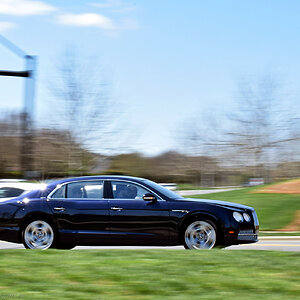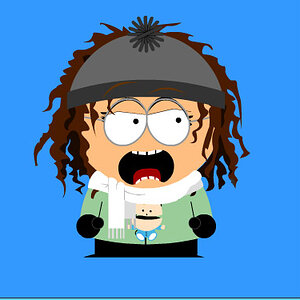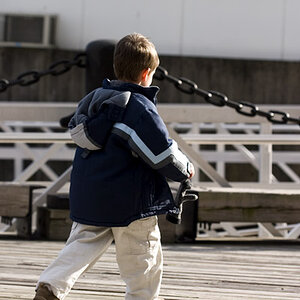robdavis305
TPF Noob!
- Joined
- Aug 29, 2009
- Messages
- 205
- Reaction score
- 0
- Location
- Knoxville,Tn
- Can others edit my Photos
- Photos OK to edit
My photography teacher said it was best not to use any filters because it cuts down on the quality of the pic saying that the lens is shaped like an eye and accepts light in that way but that a filter is a straight piece of glass and accepts light in all directions. I have a uv filter on all my lens for added protection from scratches and other damages and was wanting to know what everybody else thought.




![[No title]](/data/xfmg/thumbnail/36/36666-189f65b1addbb68da2a43dc6f7206a01.jpg?1619737676)
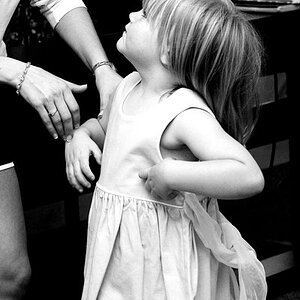
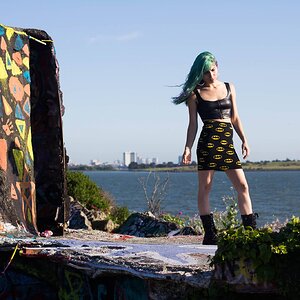
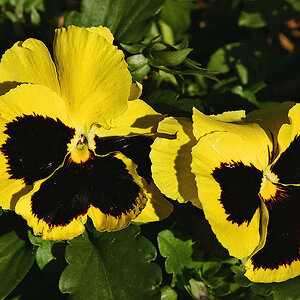


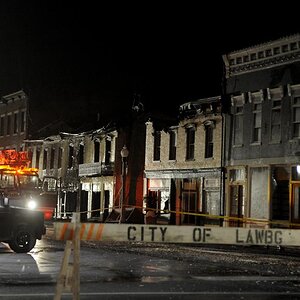
![[No title]](/data/xfmg/thumbnail/42/42267-2fff585000110a96fd9ac3ff09cceb95.jpg?1619740076)
